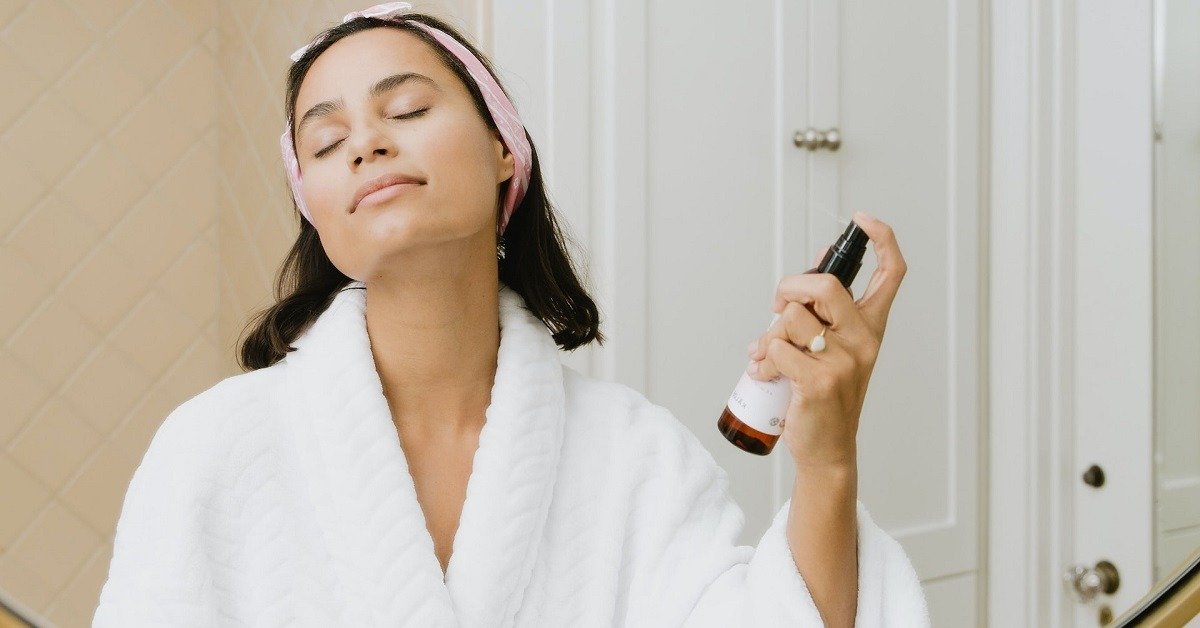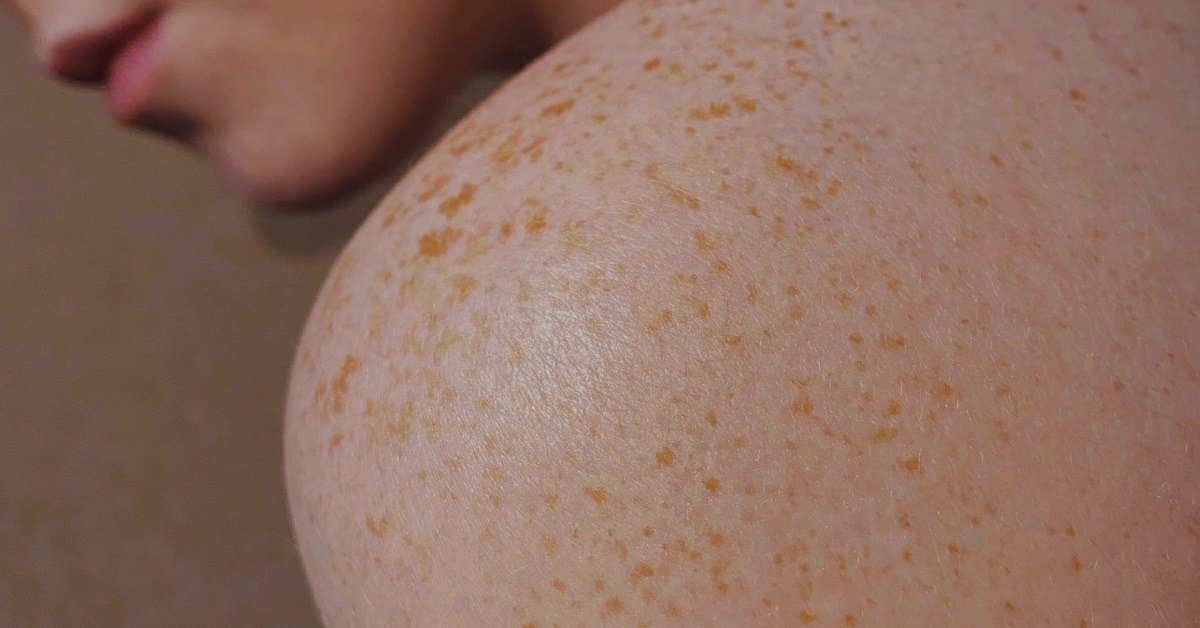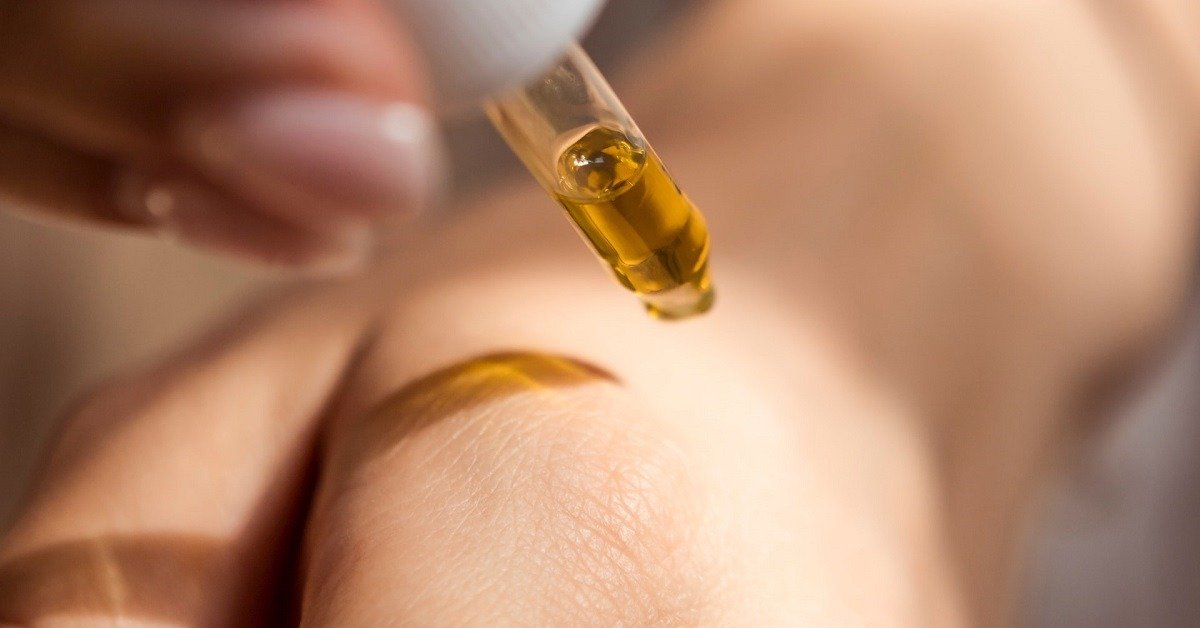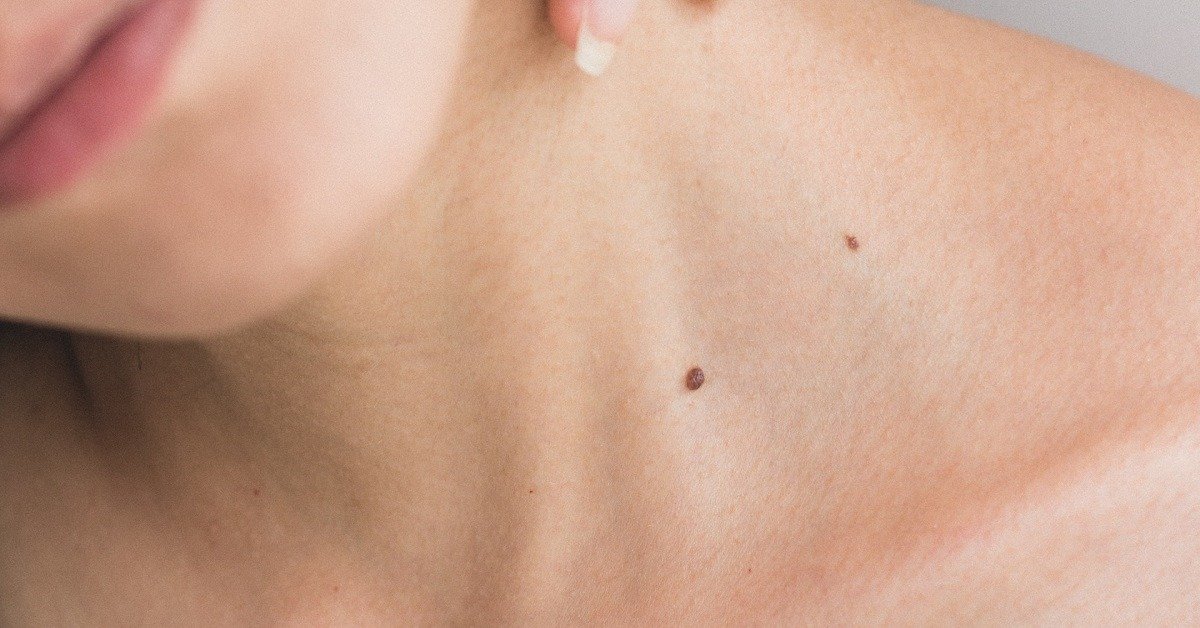
Most people experience acne, a common skin ailment, at some point in their lives. It results in oily skin, spots and occasionally hot or uncomfortable skin to the touch. Keep reading to find out the best acne treatment in the UK.
What are the Symptoms of Acne?
Acne typically appears on the:
- Face – practically everyone with acne experiences this
- Back – more than half of acne sufferers have this
- Chest – 15% of acne sufferers experience this
Types of Acne
There are six primary categories of acne-related spots:
Blackheads
- Little bumps that appear on the skin that are black or yellowish in colour. They are not filled with dirt, but rather, the colour is produced by the inner lining of the hair follicle.
Whiteheads
- Resemble blackheads in appearance but can be harder and do not rupture when squeezed.
Pustules
- These are tiny red bumps that can be sore or tender.
Papules
- These are similar to pustules, except that pustules have a white tip in the centre.
Nodules
- Big, painful lumps that form beneath the skin’s surface.
Cysts
- The most severe form of acne spots. They are big pus-filled bumps that resemble boils and are most likely to result in permanent scarring.

What are the Causes of Acne?
Although it can begin at any age, acne is most frequently associated with the hormone changes that occur throughout puberty.
The skin’s grease glands adjacent to hair follicles release more oil (abnormal sebum) when certain hormones are present.
A usually benign skin bacterium called P. acnes changes its behaviour in response to this aberrant sebum, becoming more aggressive and producing pus and inflammation. The hormones widen the pores by thickening the inner membrane of the hair follicle. Skin cleaning does not assist in removing this blockage.
Other possible causes
Acne is well known to run in family history. It is likely that you will have acne if both your parents did. Women may experience flare-ups of acne due to hormonal changes, such as those that take place during the menstrual cycle or pregnancy.
No proof exists that food, bad hygiene, or sexual activity contribute to acne.

Who needs the Best Acne Treatment in the UK?
Younger people and teenagers frequently suffer from acne. Between the ages of 11 and 30, 95% of people have acne to some degree.
Ages 14 to 17 for girls and 16 to 19 for boys are when acne is most prevalent.
Most people struggle with acne intermittently for years before symptoms start to get better as they age.
Acne usually goes away when a person is in their mid-20s. This condition can sometimes persist until adulthood. 3% of adults over the age of 35 have acne.
What is the Best Acne Treatment in the UK?
Acne can’t be cured, but it can be managed with the right medication. Asking a pharmacist for help is a smart option if you experience mild acne.
Pharmacies sell a variety of creams, lotions, and gels for treating spots. It may be advisable to use products with low levels of benzoyl peroxide but use caution as these can bleach clothing.
It may be necessary to treat your acne with stronger creams or antibiotics that are only accessible with a prescription if it is severe or occurs on your chest and back.

Is Home-Based Care the Best Acne Treatment in the UK?
These self-help methods might be beneficial:
- Avoid washing the affected skin more than twice per day. Frequent washing might aggravate symptoms by irritating the skin.
- Use lukewarm water and a light soap or cleaner to wash the affected area. Water that is too hot or cold might exacerbate acne.
- Resist the urge to squeeze or “clean out” blackheads or spots. This can exacerbate them and leave lifelong scars.
- Refrain from applying excessive cosmetics and makeup.
- Steer clear of oil-based cosmetics, skincare, and sunscreen products (often referred to as “comedogenic”). Use non-comedogenic products that are water-based because they are less prone to block your skin’s pores.
- Remove all of your makeup before going to bed.
- Use a water-based emollient without fragrance if dry skin is a concern.
- While regular exercise won’t help your acne, it can lift your spirits and increase your self-confidence. After working out, take a shower as soon as you can because sweat might aggravate your acne.
- Wash your hair frequently, and try to keep it away from your face.
Shop online at WePrescribe Pharmacy for the best gel to treat acne.


